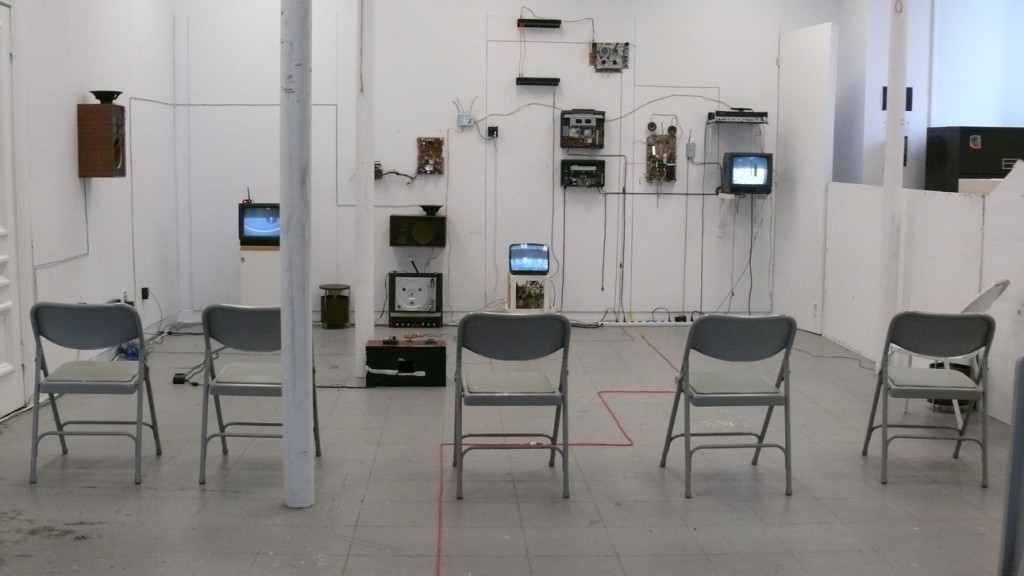Heidegger once asserted that “the essence of technology is by no means anything technological” and in so doing, he pushed the discourse about technology beyond the narrow framework of causality.
The essence of technology is relational. It can be seen as something fluid, as an embodiment of systems and objects which interact with each other and have a relationship to their environment – to the societal space in which they inhibit. The essence of technology is also something paradoxical. The more it evolves, the more its true nature and intent become obscured.
For example, older technological system/objects were hard-wired to act as simple, straight forward delivery system/objects. They were equipped with their own externalized memory imprints – their intended purpose could be deciphered by its material design (i.e. cameras, VCR’s, record players).
Today’s digitized technological system/objects have become much more abstracted and removed of such material clues and are depended on their software in defining their purpose (i.e. mobile devices). Their memory imprints are encoded and hidden from our prying eyes. They are now controlled by cloud systems, or some propitiatory social or wireless based network via mobile devices, tablets and computers.
[coffee]













